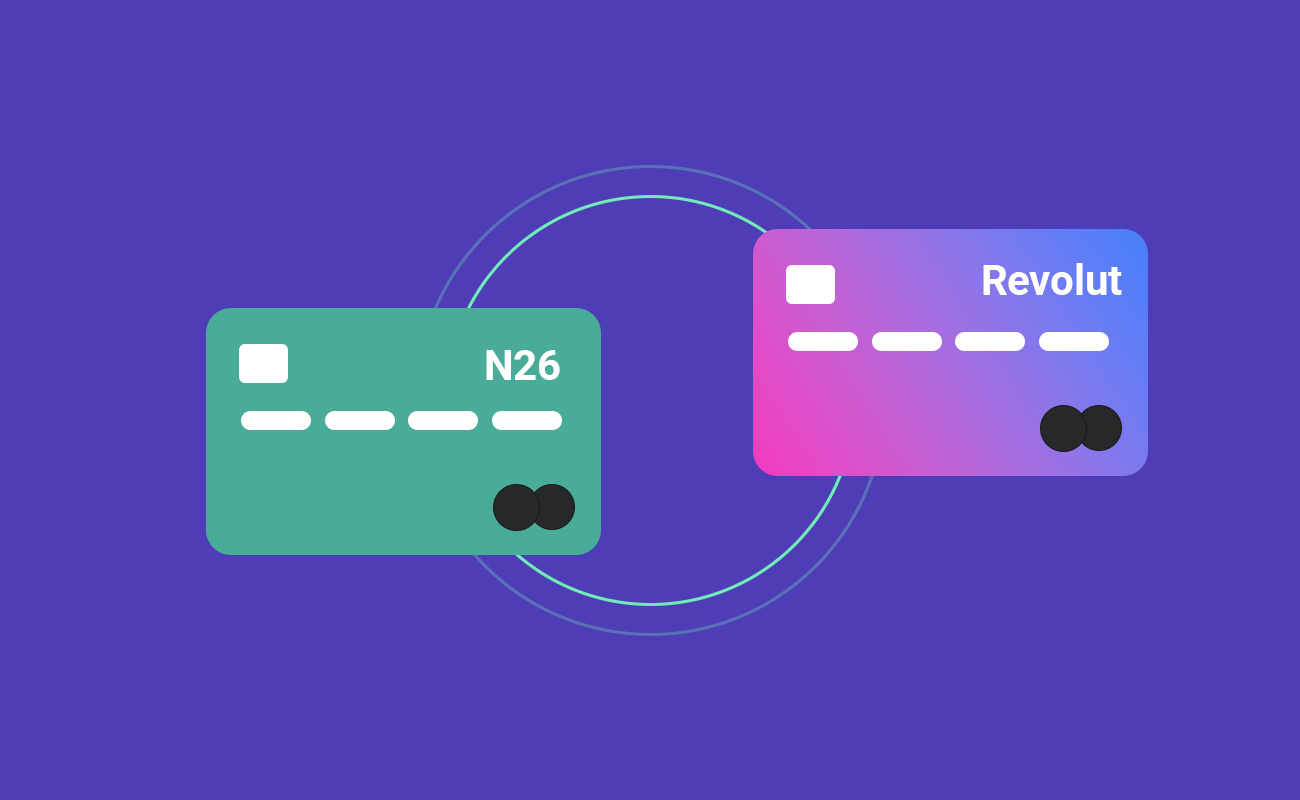Understanding S-Corp Business Accounts
An S-Corp is a type of corporation that is eligible for special tax treatment under the IRS code. One of the benefits of an S-Corp is that it is considered a pass-through entity, which means that the company’s profits and losses are passed through to the shareholders and reported on their individual tax returns.
To open an S-Corp business account, you will need to provide the bank with the following documents:
- Articles of Incorporation
- Corporate Bylaws
- Tax ID Number (EIN)
- Business License
- Certificate of Good Standing (if applicable)
Once the account is open, you can deposit funds into the account and use them for business expenses. It is important to keep personal and business expenses separate to avoid any confusion or potential legal issues.
To transfer money from your S-Corp business account to your personal account, you will need to follow these steps:
- Determine the amount of money you want to transfer.
- Write a check from your business account payable to yourself.
- Endorse the check on the back.
- Deposit the check into your personal account.
It is important to keep accurate records of all business transactions, including transfers from your business account to your personal account. This will help you stay organized and ensure that you are complying with all IRS regulations.
Requirements for Money Transfer
There are several requirements that must be met before transferring money from an S-Corp business account to a personal account.
Firstly, the S-Corp must have sufficient funds available in its business account to make the transfer. It is important to ensure that the transfer does not leave the business account with an insufficient balance, which could result in overdraft fees or other penalties.
Secondly, the transfer must be authorized by the appropriate parties. This may include the business owner, board of directors, or other authorized individuals, depending on the specific structure of the S-Corp.
Thirdly, the transfer must be properly documented. This may include recording the transfer in the company’s financial records, obtaining receipts or other documentation for any expenses related to the transfer, and ensuring that all necessary tax forms are filed.
Finally, it is important to ensure that the transfer complies with all applicable laws and regulations. This may include tax laws, banking regulations, and other legal requirements related to the transfer of funds.
Overall, transferring money from an S-Corp business account to a personal account can be a complex process that requires careful planning and execution to ensure that all requirements are met and the transfer is completed successfully.
Step-by-Step Guide to Transfer Money
Transferring money from an S-Corp business account to a personal account can be a straightforward process if you follow these steps:
- Determine the amount of money you want to transfer and ensure that the business has enough funds to cover the transfer.
- Choose a transfer method that works for you. Common options include wire transfer, online transfer, or check.
- Verify that the transfer method is acceptable to your bank and that there are no transfer fees or limits.
- Provide the necessary information to complete the transfer. This may include your personal account details, routing number, and account number.
- Confirm that the transfer was successful and that the funds have been deposited into your personal account.
It’s important to note that transferring money from an S-Corp business account to a personal account can have tax implications. It’s recommended that you consult with a tax professional to ensure that you are following the proper procedures and reporting the transfer correctly on your tax returns. Additionally, it’s important to keep accurate records of all transfers and related documentation for future reference.
Tax Implications
When transferring money from an S-Corp business account to a personal account, it is important to consider the tax implications. Shareholder distributions are not taxed, but income is taxed on net ordinary business income after expenses and deductions.
If the transfer is made as a shareholder distribution, it will not be subject to self-employment taxes. However, if it is classified as wages or a loan, it may be subject to self-employment taxes. It is important to consult with a tax professional to determine the best way to classify the transfer and minimize tax liabilities.
Additionally, it is important to keep accurate records of all transfers and to ensure that they are properly documented. Failure to do so can result in penalties and additional taxes. It is recommended to consult with a qualified accountant or tax attorney to ensure compliance with all tax laws and regulations.
Record Keeping
Proper record-keeping is essential when transferring money from an S-Corp business account to a personal account. It is important to accurately document these transactions to avoid any legal or tax issues. Here are a few tips to help you keep accurate records:
- Clearly label the transaction as a transfer from the business account to the personal account.
- Keep a record of the date, amount, and purpose of the transfer.
- Make sure to document any taxes or fees associated with the transfer.
- Keep all receipts and invoices related to the transfer.
It is also important to note that any transfers made from the business account to a personal account should be reported on the S-Corp’s tax return. Failure to do so could result in penalties or legal issues. To ensure compliance, it is recommended that you consult with a tax professional or accountant.
Potential Risks and How to Mitigate Them
Transferring money from an S-Corp business account to a personal account can be a risky process if not done correctly. Here are some potential risks and how to mitigate them:
Risk of Tax Penalties
One of the biggest risks of transferring money from an S-Corp business account to a personal account is the possibility of incurring tax penalties. To avoid this, it is important to ensure that the transfer is properly documented and reported on your tax return. Make sure to consult with a tax professional to ensure that you are following all necessary procedures and guidelines.
Risk of Fraud
Another risk to consider is the potential for fraud. This can happen if someone gains unauthorized access to your business account and transfers money to a personal account. To mitigate this risk, it is important to use strong passwords and two-factor authentication to protect your account. You should also monitor your account regularly for any suspicious activity.
Risk of Banking Fees
Transferring money from an S-Corp business account to a personal account can also result in banking fees. To avoid this, consider using a bank that offers free transfers between business and personal accounts. If this is not an option, be sure to check the fee structure of your bank and factor any fees into your decision-making process.
By being aware of these potential risks and taking the necessary steps to mitigate them, you can safely transfer money from your S-Corp business account to your personal account.
Alternatives to Direct Money Transfer
If you cannot directly transfer money from your S-Corp business account to your personal account, there are several alternatives you can consider. Here are a few:
- Payroll: Paying yourself a salary is a common way to transfer money from your business account to your personal account. However, keep in mind that you will need to withhold taxes and pay payroll taxes.
- Reimbursements: If you have made personal purchases for your business, you can request reimbursement from your business account. Make sure to keep detailed records and receipts.
- Dividends: If your S-Corp has profits, you can distribute them to yourself as dividends. However, keep in mind that dividends are subject to double taxation.
- Loans: You can loan money to yourself from your S-Corp business account. Make sure to document the loan and set up a repayment plan.
It’s important to consult with a tax professional or accountant before deciding on the best option for your specific situation.
Consulting a Financial Advisor
If you are unsure about the best way to transfer money from your S-Corp business account to your personal account, it may be helpful to consult a financial advisor. A financial advisor can provide guidance on the most tax-efficient methods to withdraw funds from your S-Corp, as well as help you create a plan for managing your personal finances.
When selecting a financial advisor, it is important to choose someone who is experienced in working with small business owners and understands the unique challenges and opportunities that come with owning an S-Corp. Look for someone who is a Certified Public Accountant (CPA) or a Certified Financial Planner (CFP) and has a good reputation in the industry.
During your consultation with a financial advisor, be sure to ask questions about their experience working with S-Corp owners, their approach to tax planning, and their fees. You should also be prepared to provide them with detailed information about your business and personal finances, including your income, expenses, and assets.
Overall, consulting with a financial advisor can be a valuable investment in your financial future, helping you make informed decisions about how to manage your money and build long-term wealth.




